Disagreements resurface between US, Israel over 2015 Iran deal revival
Fundamental disagreements have resurfaced between the United States and its key ally – the Israeli regime – over diplomatic efforts to revive the Iran deal, with the latter overtly attacking Washington’s Iran policy as "mistaken" and "detrimental to its security".
Israel’s National Security adviser Eyal Hulata told the Israeli cabinet that Tel Aviv was preparing for a scenario where the talks between Iran and the five remaining parties to the 2015 deal in the Austrian capital, Vienna, can yield a new deal that doesn’t serve its interest, Axios cited four ministers, who attended the meeting, as saying.
He also said that the Israeli regime was preparing for a scenario where no deal is reached and Iran’s nuclear program “continues with no restraints.”
At the top of the meeting, Israeli prime minister Naftali Bennett also said a deal with Iran, according to terms that are being negotiated in Vienna, will undermine Israel’s ability to “deal with” Tehran’s nuclear program, Axios reported.
“Whoever thinks that an agreement will increase stability — is mistaken,” Bennett claimed, in clear defiance of the Biden administration’s professed goal of trying to rejoin the nuclear deal.
Later in the day, Bennett and Biden held a phone call, during which they discussed the Vienna talks.
The phone call apparently failed to persuade Washington to side with Tel Aviv on this issue, as US Special Envoy for Iran Robert Malley said on Sunday night that “President (Joe) Biden still wants us to negotiate in Vienna.”
US: JCPOA revival in our interest
Malley added that he would soon head to Vienna for the next round of talks, stressing that the revival of the deal is “in our interest”.
“We’ll come back next week. That’s a symbol or a sign of our continued belief that it is not a dead corpse – that we need to revive it because it is in our interest," Malley told MSNBC in an interview.
The nuclear deal is formally called the Joint Comprehensive Plan of Action (JCPOA). Negotiations were launched in April 2021 under the Biden administration to have the US return to the JCPOA and lift US sanctions in exchange for Iran returning to its nuclear obligations.
Former US president Donald Trump launched the maximum pressure policy against Iran in 2018 after he pulled the US out of the JCPOA – a decision cheered by the Israeli regime’s former prime minister Benjamin Netanyahu, who had openly clashed with Trump’s predecessor, Barack Obama, when the deal was inked.
While Bennett initially soft-pedaled a US return to the JCPOA and took a far less provocative posture toward the deal than did Netanyahu, he has begun in recent weeks to sound more and more like the former Israeli premier over Washington’s policy toward Iran.
Bennett has openly announced that a revived JCPOA will not be acceptable to Israel.
“We must be honest in saying we have disagreements with the United States, our great friend. The way we see it, Iran is playing with a very weak hand and is bluffing. This lie must be exposed, and they must be given a choice—survival of the regime or a continued race to nuclear capabilities, and they must not be given a gift of tens of billions … Either way, even if an agreement is signed, it will not bind us,” he said recently.
A report in the New York Times also said: “Israeli leaders say they want a guarantee from the Biden administration that Washington will not seek to restrain their sabotage campaign, even if a renewed nuclear deal is reached.”
The Vienna talks are expected to resume on Tuesday after a short break, during which the negotiators returned to their respective capitals for further consultations.
Iran condemns IAEA inaction as US-Israeli aggression targets nuclear facilities
Iran FM says to issue protest to Kuwait over US aircraft downing
IRIB chief says Tehran compound hit in Israeli-US aggression, broadcasts continue
US-allied fuel tanker attacked by Iran still burning in Strait of Hormuz: IRGC
Attacks on hospitals, schools ‘strike at life itself’: Pezeshkian
Iran’s attacks on US bases ‘legitimate’ response to source of aggression: Araghchi
IRGC targets US intelligence centers, military depots in 11th wave of attacks
US-Israeli attacks damage 5 hospitals, medical centers in Iran: MP


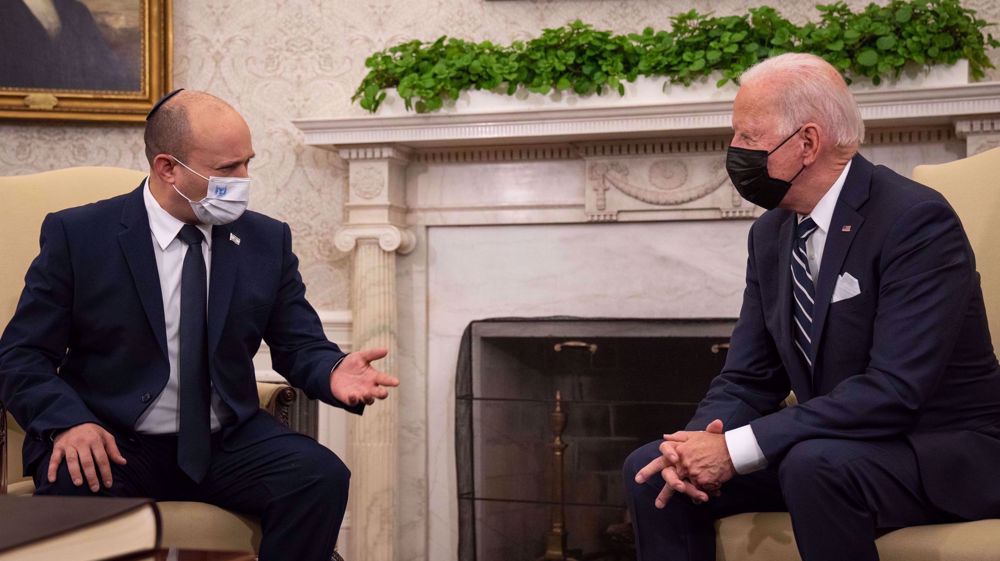
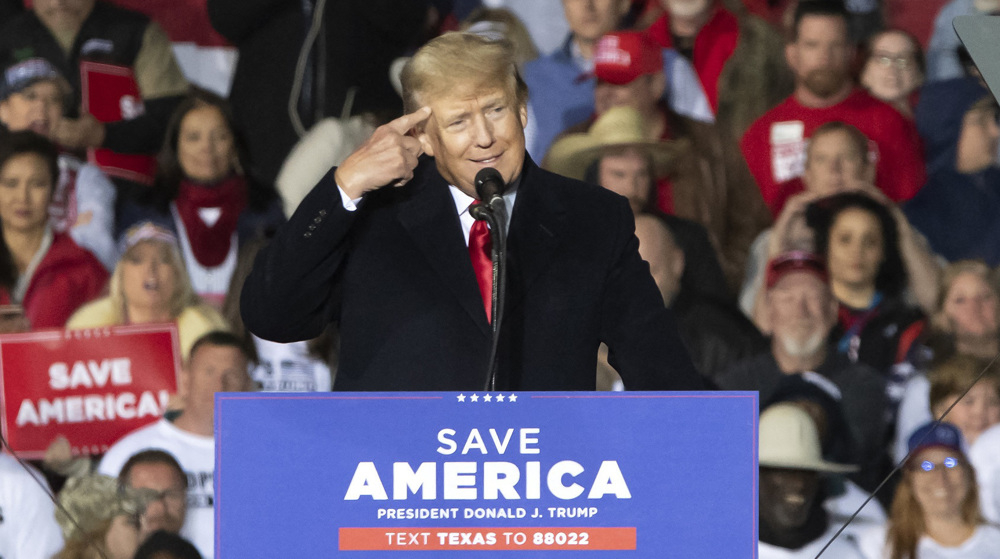
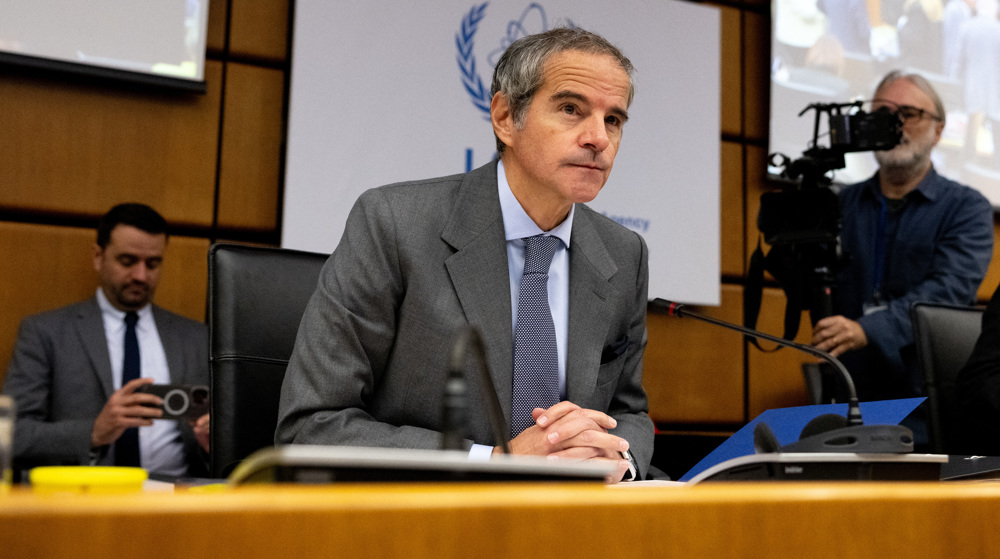





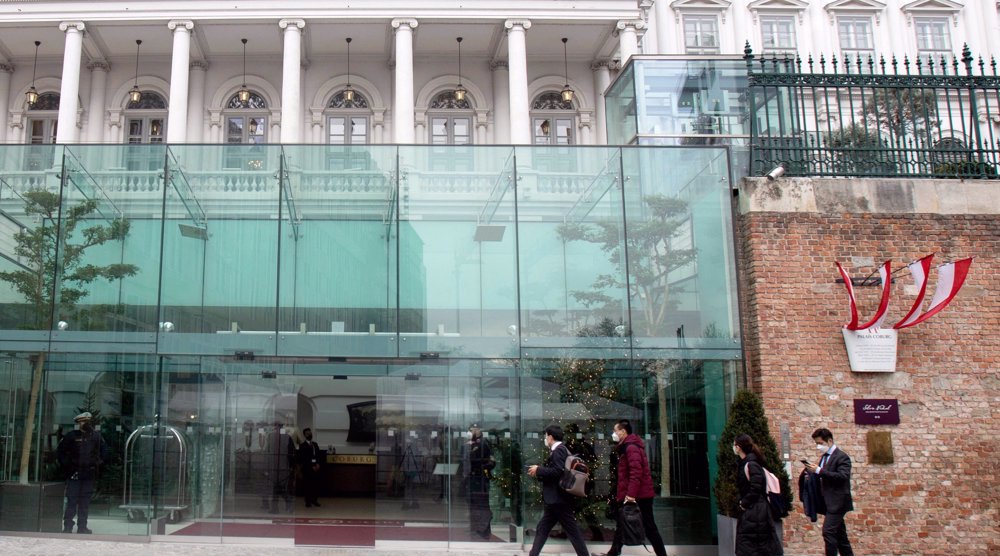
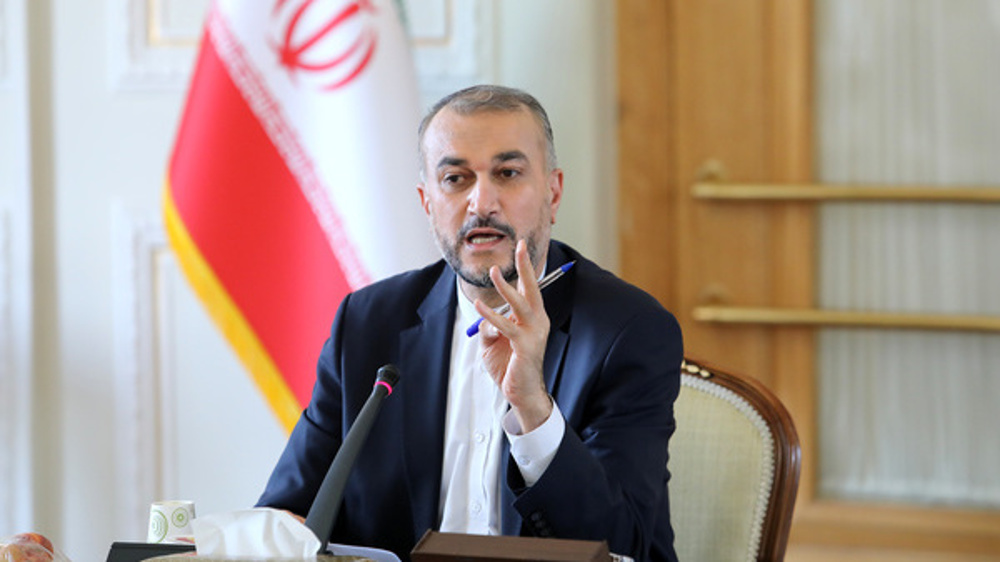
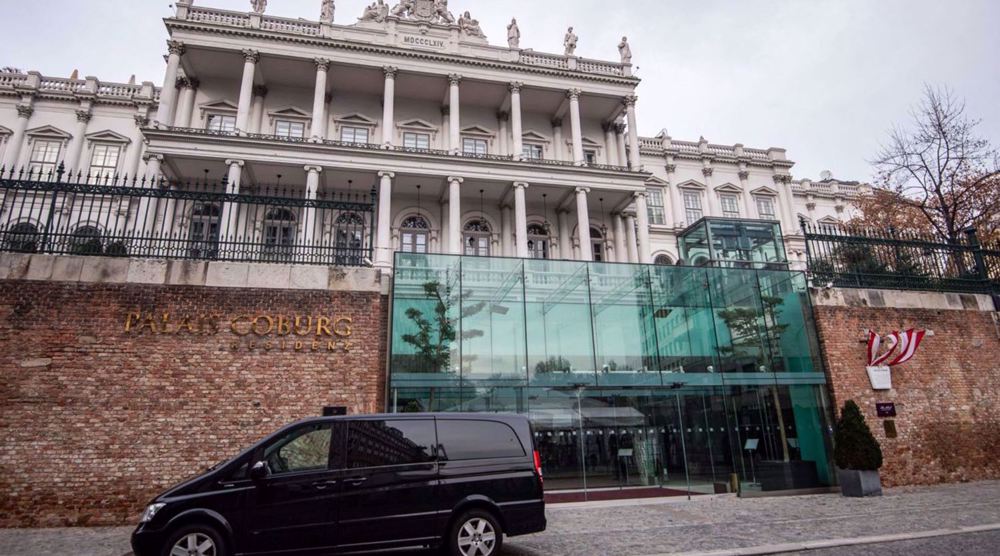
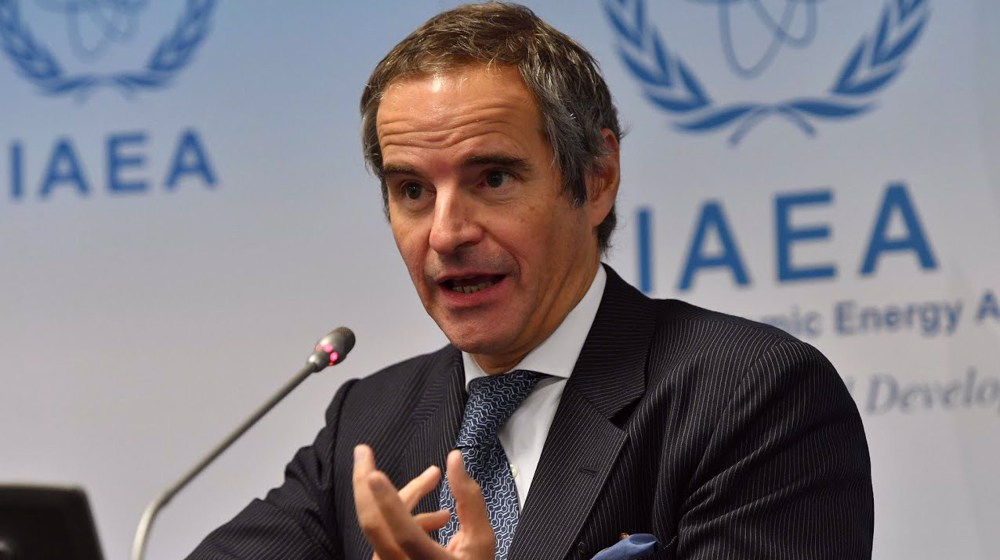

 This makes it easy to access the Press TV website
This makes it easy to access the Press TV website